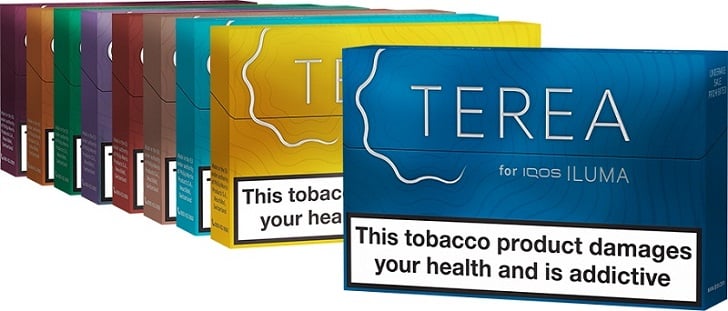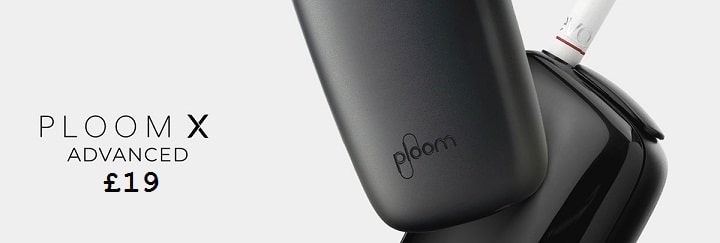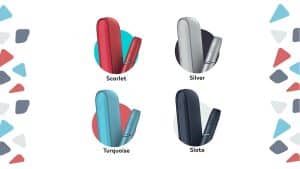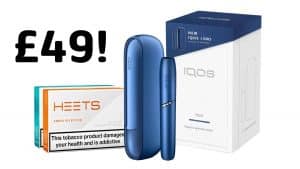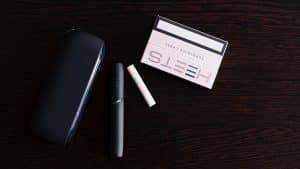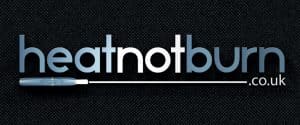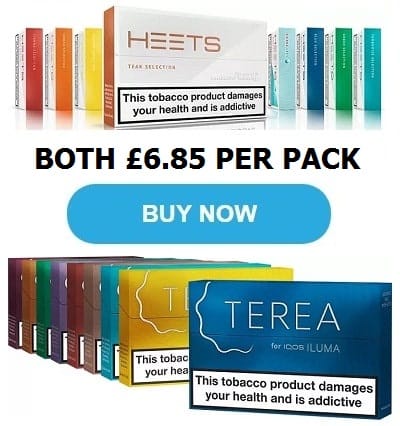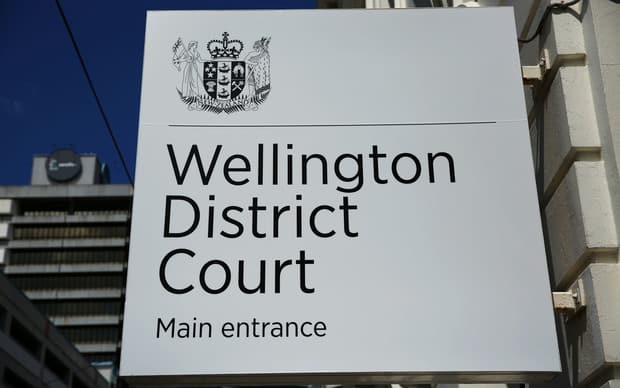
If you follow the news on heated tobacco products you’ll probably have noticed that Heat not Burn hasn’t been having an easy ride in every market. Despite the spectacular success of iQOS in Japan, where it’s now taken over more than 15% of the cigarette market in just two years, some governments have decided they’d rather keep collecting cigarette taxes than give smokers the option of switching to a lower-risk product.
One recent example of this was New Zealand. Although the country has been making some (uneven) progress towards legalising vaping, the Ministry of Health seems to have taken a strong dislike to iQOS. Philip Morris International started selling the iQOS device, and the Heets for it, in early 2017; the ministry’s response was take them to court for violating a law that was originally intended to ban chewing tobacco.
According to the Ministry of Health, PMI were in breach of Section 29 of the Smoke-free Environments Act. This bans the import, sale or advertising of any tobacco product intended “for chewing, or for any other oral use (other than smoking)”, and technically Heets do come under it – they’re not smoked, because the tobacco doesn’t burn, but they are meant for oral use. However, the law was written in 1990 when HnB didn’t seem to have any future, and PMI have been arguing that it was never intended to apply to products like Heets. They only come under the law because of a technicality, and the company’s position was that it made no sense to use the Smoke-free Act to ban the product.
A lost cause?
The case finally came to trial on 5 March, and following three days of claims and evidence most people assumed that the judgement would go in favour of the Ministry of Health. It’s been a long time since a tobacco company actually won a case brought by a health organisation, after all. iQOS doesn’t benefit from the increasing support for e-cigarettes, either; it’s different enough that many people – even some vaping advocates – still think it’s basically a cigarette.
Well, some people were in for a big surprise. In fact I confess I was one of them. When the judgement was released on Tuesday my jaw hit the floor just as hard as everyone else’s.
Because PMI won the case.
That’s right; the District Court at Wellington rejected a charge laid by its own government’s health department, and awarded victory to a tobacco company. This now means that PMI can carry on selling Heets in New Zealand – and potentially makes iQOS the most accessible product for any Kiwi smoker who wants to move to a safer option.
The previous government had pledged to legalise nicotine e-liquids, but the Labour-Green coalition that replaced it has been dragging its feet on the issue. That means vapers in New Zealand have to import their own liquid from abroad. This can be an expensive and complicated process, and it’s likely to deter many smokers from trying to switch. With Heets once more legally on sale they now have HnB as an easier option.
So what happened?
It’s not clear why the Ministry of Health decided to go after Heets, but when they did they chose to use a technical legal argument based on the strict wording of the law. The Smoke-free Environments Act makes clear references to “any tobacco product” intended for “chewing, or any other oral use (other than smoking).” A Heet is certainly a tobacco product; processed tobacco is the main ingredient in the filling. It’s also intended for oral use – the vapour it produces is inhaled through the mouth – and, because there’s no combustion involved, it’s obviously not smoking.
It’s worth taking a moment to think about that. The health ministry wanted to ban a new, reduced-risk tobacco product because it isn’t smoking. If the Heet was just a new brand of cigarette that would have been fine with New Zealand’s government; their problem was that it wasn’t a cigarette, but something specifically designed to be much safer.
Luckily, PMI’s defence team weren’t shy about pointing that out. They reminded the court that the section of the law was written specifically to ban chewing tobacco, which is linked to mouth cancer – not to suppress a product designed to remove almost all the harm of smoking. The defence also brought a strong expert witness who explained just how safe HnB is compared to smoking. The health ministry tried to claim that this was irrelevant, but the judge disagreed.
The exact tool the judge used to demolish the case was a legal rule called Ejusdem Generis. This says that if particular words describe a class of thing, then any general words that follow it are confined to the same class of thing. So, where the law starts off by mentioning “chewing” then says “or for any other oral use”, it still only means chewing. Based on that the court agreed with PMI and threw out the case; in the process they rebuked the Ministry of Health, telling them that trying to ban a safer product was the exact opposite of what the law was trying to achieve.
So what does this mean for heated tobacco products? It’s actually hard to overstate what good news it is. Obviously it’s good for smokers in New Zealand, who once again have iQOS available as an alternative to cigarettes. The big impact, though, is the precedent it sets. Other health ministries who might be thinking about banning Heets will now have to look at this case and consider the possibility that, if they try it, they might just lose.
Health organisations don’t lose often; that’s a sad fact about the nanny state times we live in. This result is going to send shockwaves rippling around the world. A tobacco company has actually won, using the argument that their product is going to help public health and should be protected from misguided laws. Let’s hope the message gets across in other countries too; smokers need more options, not more knee-jerk bans.

